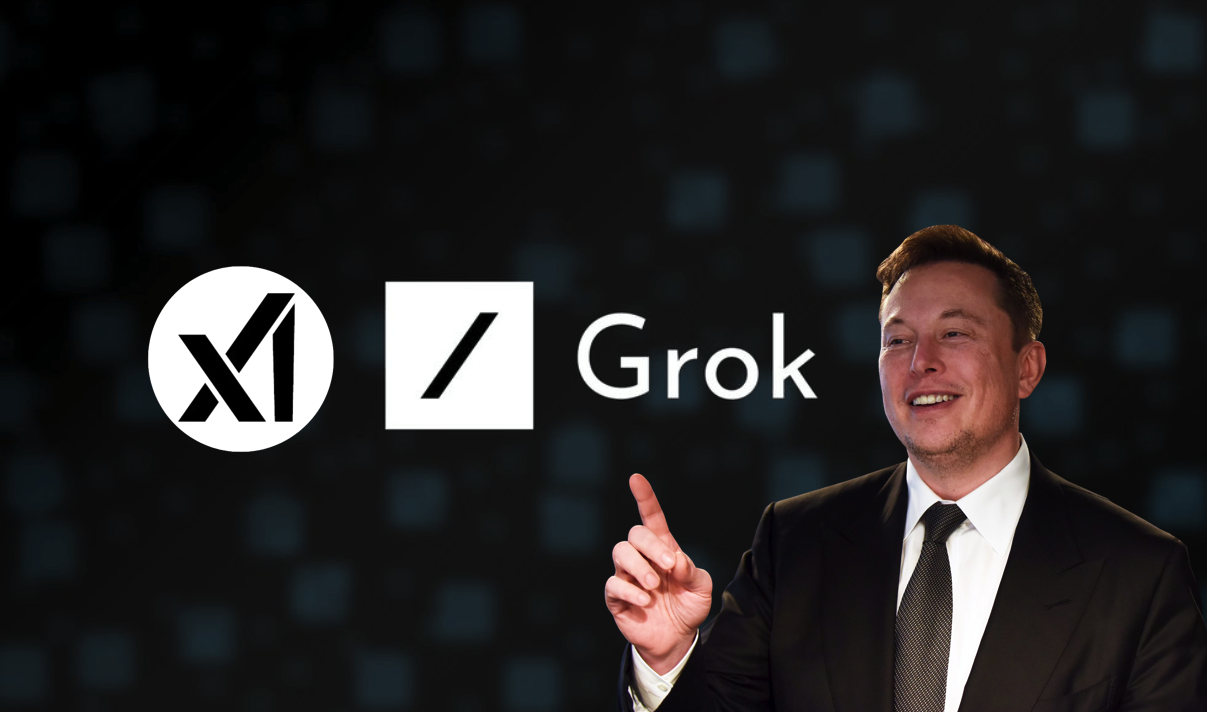
Elon Musk, the tech billionaire behind the artificial intelligence start-up xAI, has introduced a groundbreaking AI model called ‘Grok.’ With this move, Musk aims to challenge industry giants like OpenAI, Google, and Meta by launching a sassy chatbot closely integrated with X, previously known as Twitter.
Grok, the fresh AI system, boasts “real-time access” to data from X, the social media platform that Musk acquired for $44 billion a year ago. According to Musk, this provides Grok with a “significant advantage over other models” that primarily rely on older internet data archives.
Musk emphasized Grok’s penchant for sarcasm and its ability to inject humor into conversations. By infusing more personality into the chatbot, Musk hopes to set Grok apart in an increasingly crowded market. Grok is also capable of handling edgier questions, making it a distinctive offering in the AI landscape.
xAI, the company behind Grok, has unveiled a “very early” testing version of the chatbot, which showcases the capabilities of so-called generative AI companies. These companies, which can create humanlike text, code, and imagery in mere seconds, have attracted substantial investments this year. Supporters believe this technology could be as transformative as the internet itself, but some caution against the formation of a new tech bubble, with commercialization still in its early stages.
xAI’s ability to introduce a capable model with just two months of training demonstrates how new players are starting to challenge the dominance of OpenAI, which released its groundbreaking chatbot, ChatGPT, almost a year ago.
Users of X can now apply to test Grok, available to subscribers of the app’s new “Premium+” service for around $16 per month, following an unspecified testing period.
Musk’s efforts to enhance engagement and revenue at X, which experienced revenue declines since his 2022 acquisition of Twitter due to advertiser concerns over relaxed content moderation, underline the significance of the Grok launch.
In a similar move, Meta announced the launch of nearly 30 AI chatbots across its Instagram, Facebook, and WhatsApp apps, including an AI assistant designed to answer user queries and others modeled after celebrities for entertainment purposes.
Musk, who recently stated that “AI will be able to do everything” and could potentially make human work obsolete, founded xAI earlier this year. His team of engineers, formerly associated with Google DeepMind and Microsoft, is racing to catch up with established rivals, including OpenAI, a company he co-founded in 2015 but later departed from in 2018.
Experts have expressed concerns about potential biases, the spread of harmful content, or false information through the chatbot, a phenomenon referred to as “hallucinations.” These issues have plagued other players in the AI space, even after their trust and safety teams worked on making their systems safer. Elon Musk’s approach to make the chatbot less politically correct, according to AI ethics adviser Reid Blackman, poses greater risks.
X has not provided an immediate response to these concerns.
Despite being developed in just a few months, Musk claims that Grok’s capabilities rival the latest models from Meta and Inflection, an AI start-up led by former DeepMind co-founder Mustafa Suleyman, as per benchmark tests.
xAI has stated that Grok’s ability to respond to mathematical queries and demonstrate reasoning is similar to OpenAI’s GPT-3.5, the model behind ChatGPT. The start-up also revealed that Grok achieved a grade C in a Hungarian high-school final math exam, matching Anthropic’s Claude model.
However, xAI acknowledges that it lags behind OpenAI, which released its latest GPT-4 model in March. GPT-4 has demonstrated “human-level performance” on professional benchmarks like the US bar exam and is already being integrated into applications by partner companies.
According to Nathan Benaich, an AI investor at Air Street Capital, Grok’s performance is impressive given its relatively small size and rapid development. Still, the substantial resources available to Musk’s company were taken into consideration.
Aaron Brindle at Radical Ventures, another AI investor, cautioned that building an AI system for business customers differed from creating a chatbot for consumers. Large enterprise customers prioritize safety, reliability, and performance.